The Return Of Stalinism: Analyzing The Current Political Climate In Russia
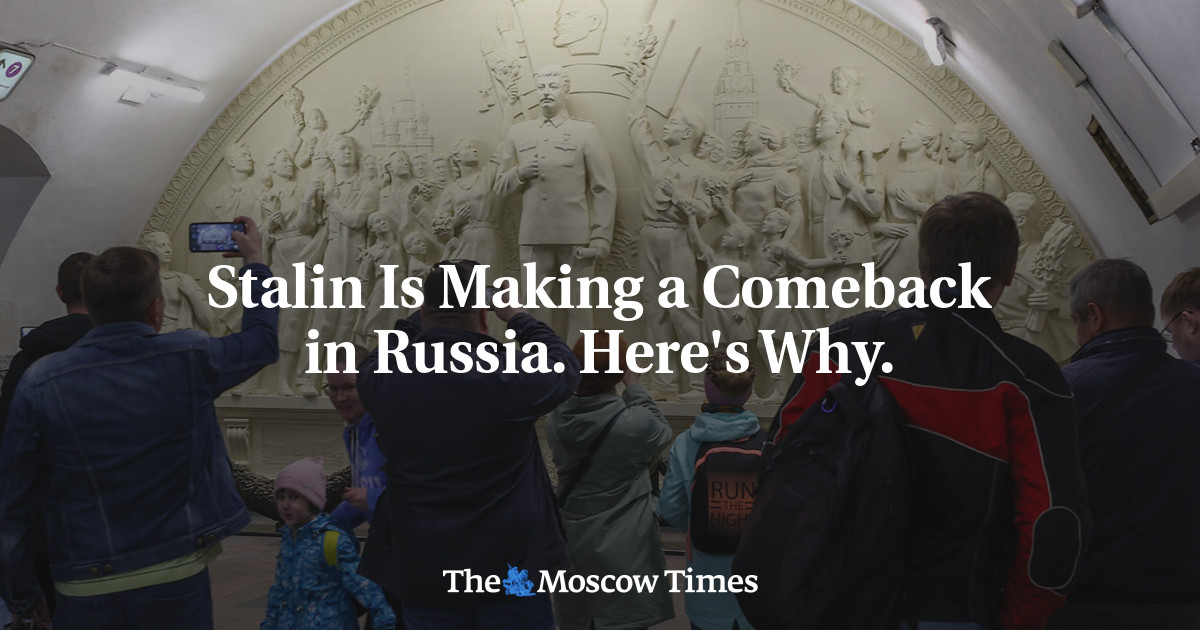
Welcome to your ultimate source for breaking news, trending updates, and in-depth stories from around the world. Whether it's politics, technology, entertainment, sports, or lifestyle, we bring you real-time updates that keep you informed and ahead of the curve.
Our team works tirelessly to ensure you never miss a moment. From the latest developments in global events to the most talked-about topics on social media, our news platform is designed to deliver accurate and timely information, all in one place.
Stay in the know and join thousands of readers who trust us for reliable, up-to-date content. Explore our expertly curated articles and dive deeper into the stories that matter to you. Visit NewsOneSMADCSTDO now and be part of the conversation. Don't miss out on the headlines that shape our world!
Table of Contents
The Return of Stalinism? Analyzing the Current Political Climate in Russia
The specter of Stalinism haunts contemporary discussions of Russia. While a full-blown return to the brutal repression of the Soviet era is unlikely, a concerning trend towards authoritarianism and a cult of personality around Vladimir Putin has many experts drawing unsettling parallels. This article delves into the current political climate in Russia, examining the worrying similarities to the Stalinist period and exploring the implications for both Russia and the global stage.
The Erosion of Democratic Institutions:
One of the most striking aspects of the current Russian political landscape is the systematic dismantling of democratic institutions. Independent media outlets face increasing censorship and pressure, often forced to close or self-censor to avoid repercussions. Opposition leaders are routinely imprisoned, silenced, or forced into exile, effectively eliminating any meaningful political opposition. This suppression of dissent mirrors the totalitarian control exercised during the Stalinist era, where freedom of speech and expression were ruthlessly suppressed.
The Cult of Personality Surrounding Putin:
Putin's prolonged rule has fostered a powerful cult of personality, reminiscent of the deification of Stalin. State-controlled media portrays him as an infallible leader, a strongman capable of restoring Russia's global power. Critical voices are swiftly dismissed as traitors or agents of foreign influence, further solidifying this image of unchallengeable authority. This carefully constructed narrative mirrors the propaganda machine that fueled Stalin's power, manipulating public opinion and suppressing dissent.
Control of Information and Historical Revisionism:
The Kremlin's tight grip on information is another key characteristic echoing Stalin's reign. State-controlled media dominates the information landscape, disseminating pro-government narratives and suppressing alternative viewpoints. Furthermore, historical revisionism, particularly regarding the Soviet era, is increasingly prevalent, minimizing the atrocities committed under Stalin's rule and portraying the USSR in a more positive light. This manipulation of history serves to legitimize the current regime and discourage critical thinking.
Economic Control and Repression:
While the Soviet economy differed significantly from today's Russia, the current government maintains significant control over key sectors, limiting economic freedom and independent enterprise. This centralized control, coupled with the suppression of dissent, creates an environment of fear and uncertainty, hindering any potential for genuine social and political change. The consequences for those who challenge this economic control can be severe, reminding many of the economic repression under Stalin.
International Implications:
The increasing authoritarianism in Russia has significant implications for global stability. Russia's assertive foreign policy, its disregard for international norms, and its willingness to use force to achieve its objectives raise concerns about regional and global security. This aggressive posture is seen by many as a direct consequence of the internal political climate and the lack of accountability within the system.
Conclusion:
While the current Russian political climate doesn't perfectly mirror the horrors of Stalinism, the parallels are deeply concerning. The erosion of democratic institutions, the cult of personality surrounding Putin, the control of information, and the suppression of dissent all point towards a worrying trend towards authoritarianism. Understanding these parallels is crucial for analyzing Russia's current trajectory and its impact on the global stage. The future of Russia, and indeed global stability, hinges on the ability to challenge and counter these worrying developments.

Thank you for visiting our website, your trusted source for the latest updates and in-depth coverage on The Return Of Stalinism: Analyzing The Current Political Climate In Russia. We're committed to keeping you informed with timely and accurate information to meet your curiosity and needs.
If you have any questions, suggestions, or feedback, we'd love to hear from you. Your insights are valuable to us and help us improve to serve you better. Feel free to reach out through our contact page.
Don't forget to bookmark our website and check back regularly for the latest headlines and trending topics. See you next time, and thank you for being part of our growing community!
Featured Posts
-
 Post Serie A Win Napolis Success And Mc Tominays Manchester United Impact
May 25, 2025
Post Serie A Win Napolis Success And Mc Tominays Manchester United Impact
May 25, 2025 -
 Solana Sol Technical Analysis Could 200 Be Within Reach
May 25, 2025
Solana Sol Technical Analysis Could 200 Be Within Reach
May 25, 2025 -
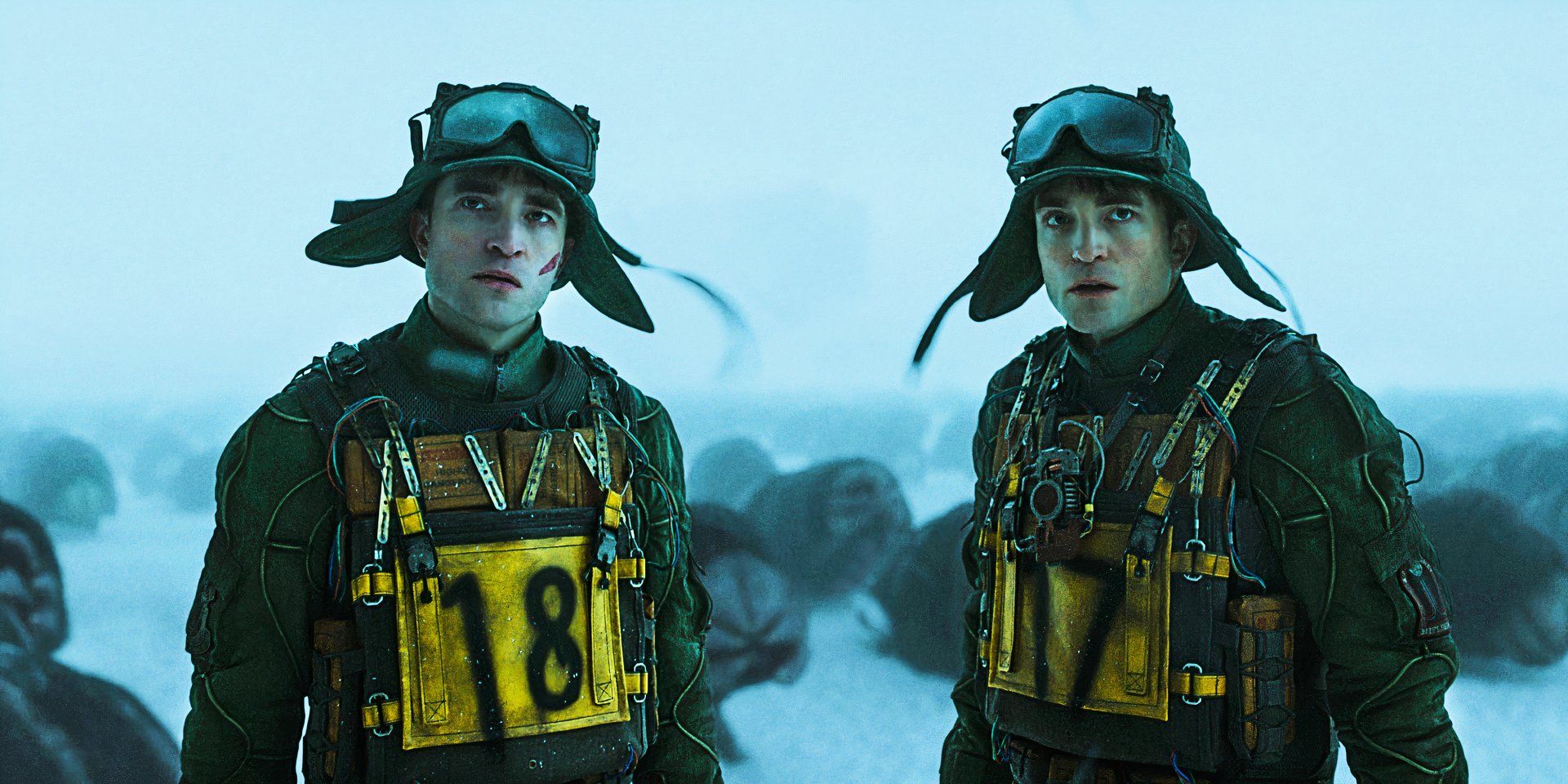 Streaming Now Robert Pattinsons Hilarious Multi Role Performance In A Space Comedy
May 25, 2025
Streaming Now Robert Pattinsons Hilarious Multi Role Performance In A Space Comedy
May 25, 2025 -
 Victor Radley And Taylah Cratchley Expecting A Second Child
May 25, 2025
Victor Radley And Taylah Cratchley Expecting A Second Child
May 25, 2025 -
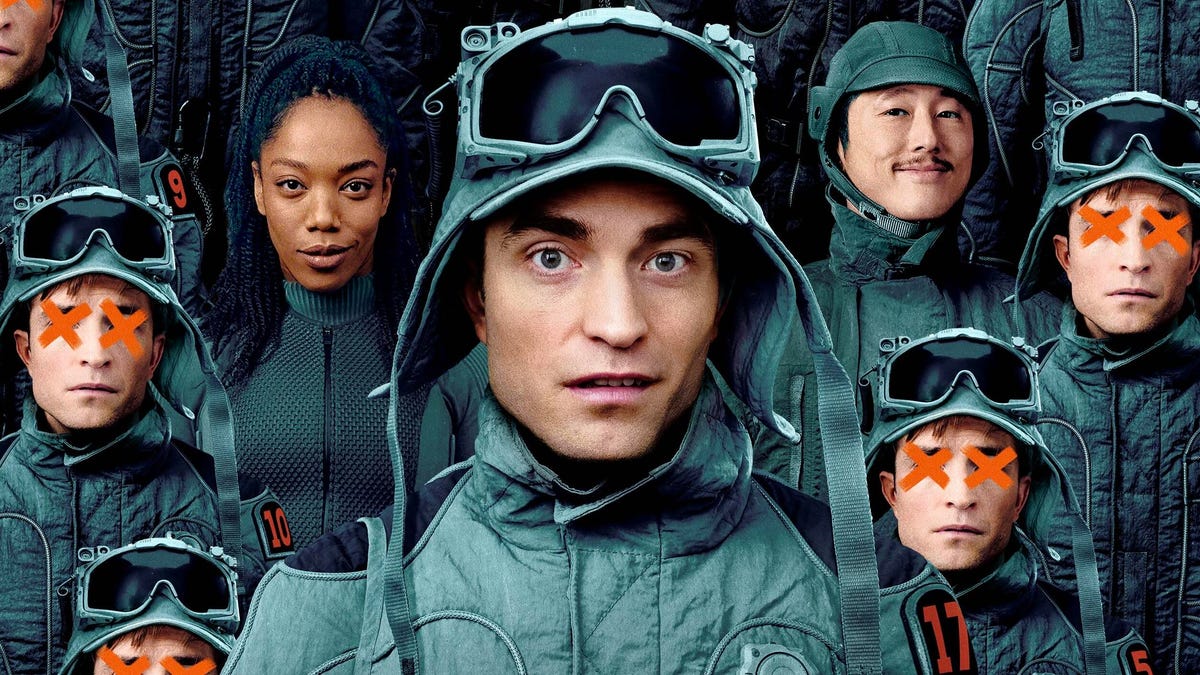 Mickey 17 Streaming Now Where To Watch Bong Joon Hos Latest Film
May 25, 2025
Mickey 17 Streaming Now Where To Watch Bong Joon Hos Latest Film
May 25, 2025
Latest Posts
-
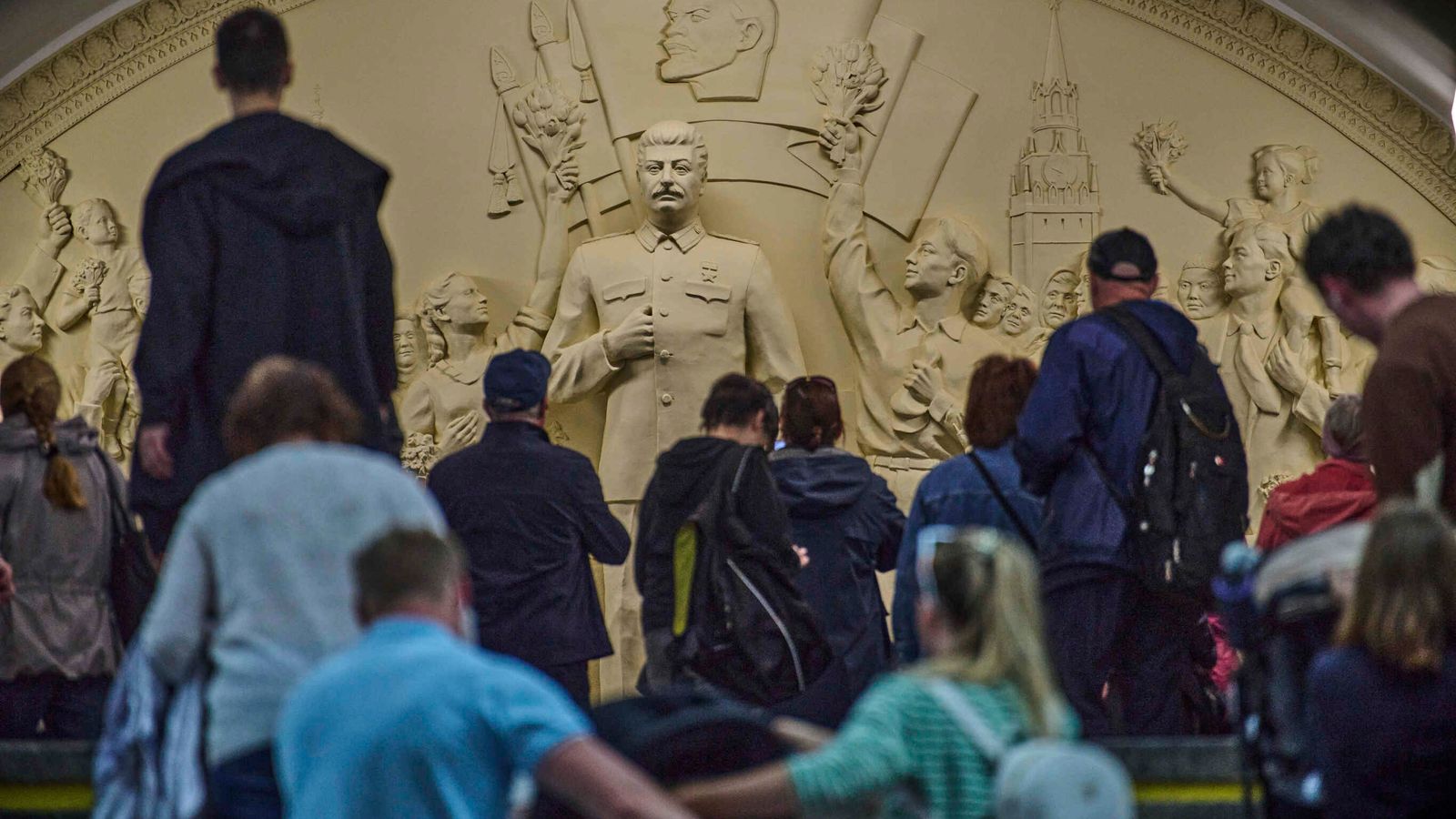 Stalin Statue Unveiled Understanding Its Implications For Putins Regime
May 26, 2025
Stalin Statue Unveiled Understanding Its Implications For Putins Regime
May 26, 2025 -
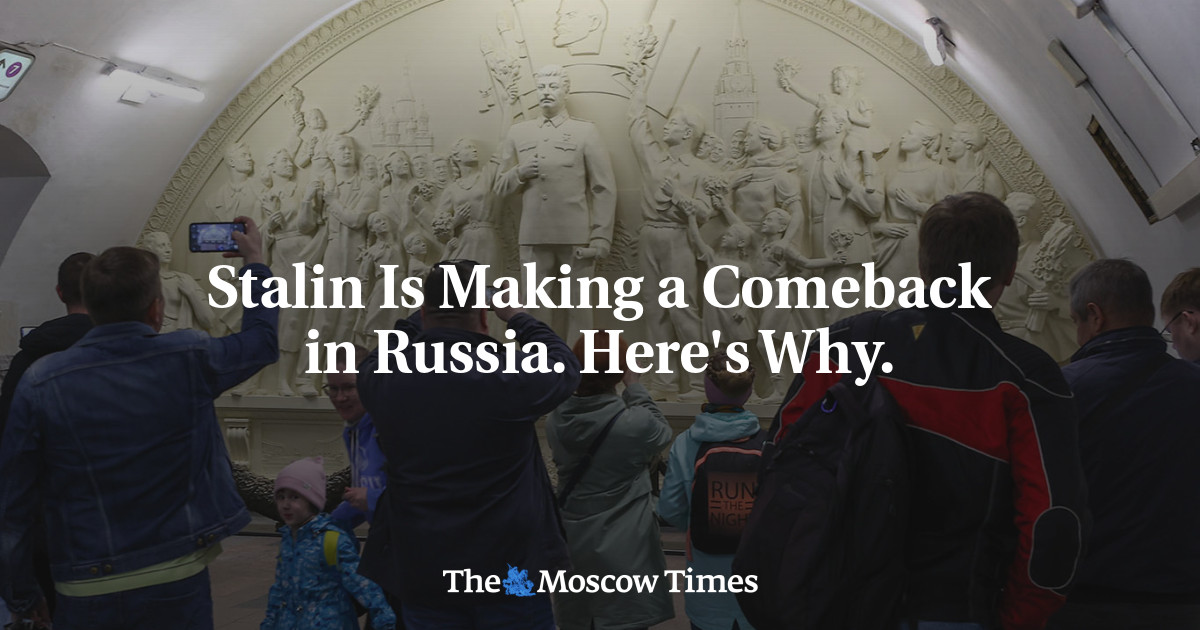 Is Stalin Making A Comeback Examining The Evidence Of Renewed Support In Russia
May 26, 2025
Is Stalin Making A Comeback Examining The Evidence Of Renewed Support In Russia
May 26, 2025 -
 Dogecoins Fate Elon Musks Involvement Analyzed
May 26, 2025
Dogecoins Fate Elon Musks Involvement Analyzed
May 26, 2025 -
 Tout Savoir Sur Elmer Moller En 5 Points Cles
May 26, 2025
Tout Savoir Sur Elmer Moller En 5 Points Cles
May 26, 2025 -
 Shocking Video Ayush Mhatres Fierce Bowling Spells Trouble For Arshad Khan
May 26, 2025
Shocking Video Ayush Mhatres Fierce Bowling Spells Trouble For Arshad Khan
May 26, 2025
